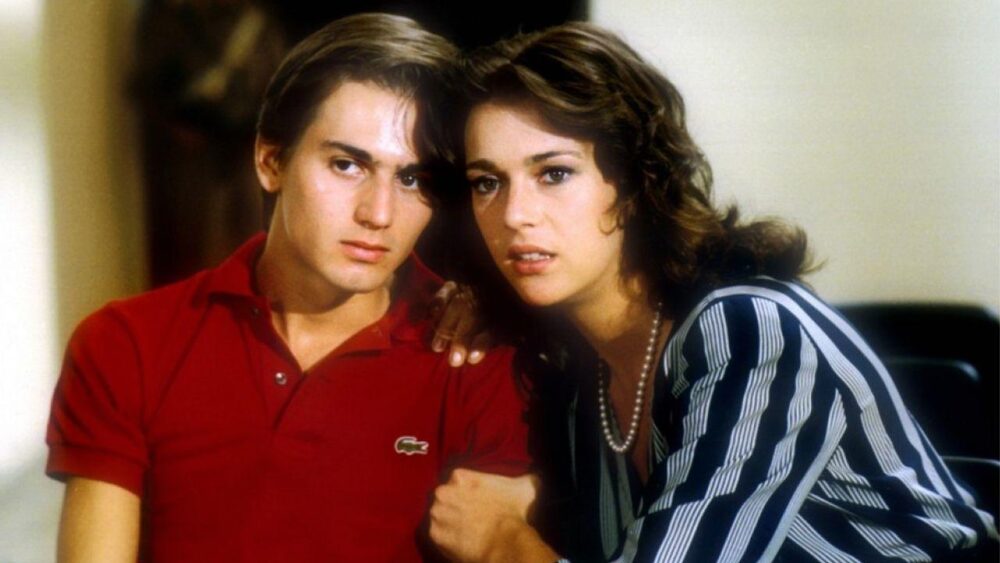The rigorous search for “inner images” in Diavolo in corpo reaches an absolute goal. The female universe henceforth becomes the focal center of Marco Bellocchio’s gaze, with a series of portraits of women who in the meanders of history fight against any manipulation of the truth. The partnership with the psychiatrist and psychotherapist Massimo Fagioli, to whom Diavolo in corpo is dedicated, generates an effect of authentic long-lasting liberating outlet and release, where the investigation into the “years of lead” prepares the ground for Buongiorno, notte and Esterno Night. The narrative pretext is the novel Le diable au corp by Raymond Radiguet, then the film of the same name in 1947 by Claude Autant-Lara with Gerard Philippe. But with an allusive move, Bellocchio removes the article “The” from the original title: therefore no longer The devil in the body, but rather directly Devil in the body to sanction the maladaptation, reject the remake formula and regenerate his own style. In this way he elaborates a model of historical narrative intended as a “collective analysis” of the whole of Italy in the Seventies and Eighties. The new epicenter is now the woman who mocks everything and everyone: her uncontrollable autonomy arouses bewilderment among critics and calls into question the mental map of spectators. Bellocchio’s cinema turns the page, it no longer seems the same and generously welcomes the thunderous and resounding laughter of the young protagonist, daughter of a Carabinieri officer killed by the Red Brigades and induced to marry a terrorist in prison. The further provocation comes from the long shot in which we witness oral sex. Bellocchio’s lesson here concerns the contradictory relationship between the visual element, dominated by sexual content, and the sound element: male voyeurism in fact prevents us from following the verbal story of a historical-political topic. The director’s unprecedented educational challenge in this scene undermines the desire of the traditional spectator, triggered by the screen, thanks to the counterpoint of the ideological fairy tale where the communist is exposed by unheard words. After the “rip” of Fists in the Pocket, the explicit sexual act causes a scandal, but as it condemns without appeal the political compromise between the armed struggle and the institutional morality that would like to remove the “chronicle of a death foretold” inflicted on Aldo Moro. — Anton Giulio Mancino
In Italian with English subtitles
